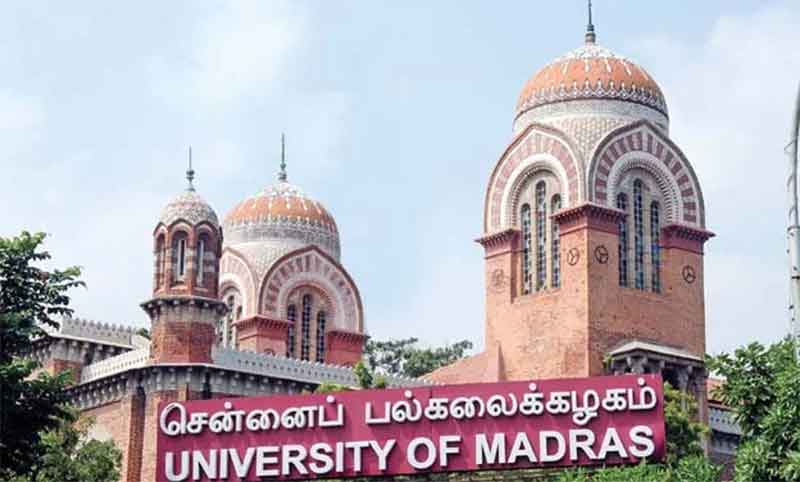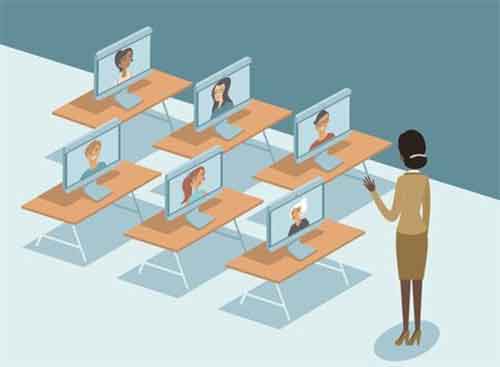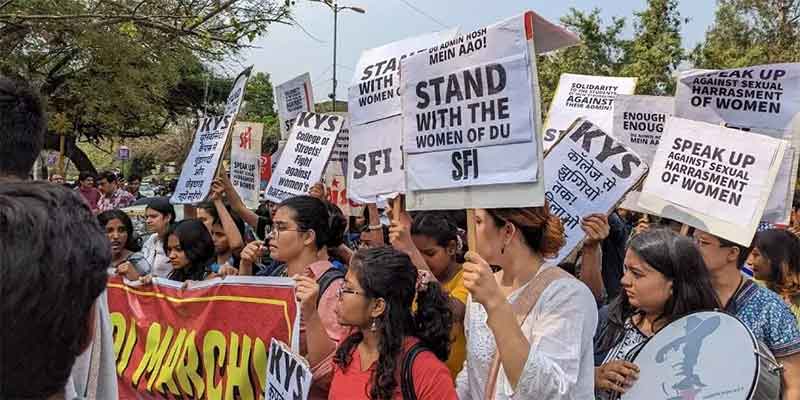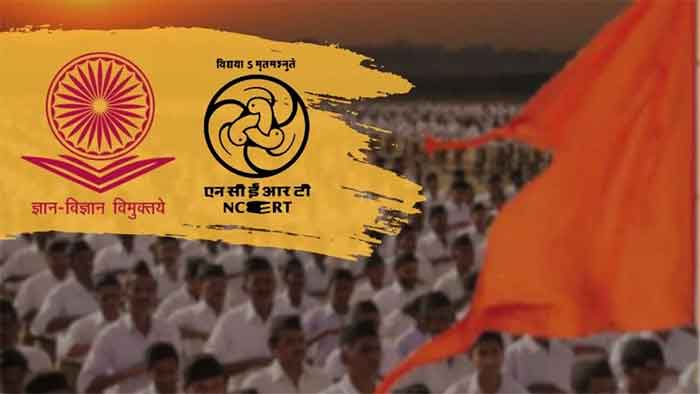
With the re-opening of schools, there is a need for pedagogic support for students belonging to the marginalized sections to help them acquire linguistic, numerical, and cognitive competencies.
In the aftermath of the pandemic, the contradiction between instrumentalism and morality as educational aims has reached the state of a full-blown crisis. This has percolated in the educational institutions as they are deeply implicated in, and affected by the wider erosion of morality, growing inequalities, and is harmed by a utilitarian approach. Studies have indicated that school closures had a significant negative impact on the learning levels of children, with children from disadvantaged backgrounds being affected more severely. This loss of learning is not simply the curricular learning that children would have acquired had the schools remained open. Rather, it also includes the abilities that children have forgotten due to the lack of usage, for example, the ability to read with understanding, the ability to write, and the ability to perform basic mathematical operations like addition and multiplication. This regression further compromises new learning since these abilities are foundational to all further learning.
Pandemic has disrupted educational practice in ways that are likely to limit students’ learning and achievement. Its impact has deepened disparities in educational opportunity and achievement, many of them generations in the making. Apart from the immediate risk of hunger and starvation and loss of dignity and powerlessness, the insecurity of livelihood, employment, and lack of adequate social security rendered them into helpless situations.
The educational backwardness of the Dalit communities is generally attributed to poverty and illiterate home environments prevailing among them. It has not only exacerbated the inequalities in educational access and attainment but has also made them even more visible. The global evidence suggests that job losses associated with COVID-19 are much more concentrated among individuals with low levels of human capital and those with vulnerable jobs with no tenure or security. The higher job losses for the subaltern groups could be due to differences in the level of human capital and due to the higher representation in vulnerable jobs. Schools are essential for children’s learning, health, safety, and well-being. For the most vulnerable children, school closures have deprived them of their one nutritious meal a day; children living in violent or dysfunctional family settings who rely on school to provide a safe, nurturing environment have also been cut off from this safety net. As most Indian states record a dip in COVID-19 cases, more and more states are announcing the reopening of schools and other educational institutions for in-person classes after more than a year-and-a-half of closure. While many such children eventually fell behind their counterparts in regular study and reading ability due to online education, some also ended up dropping out of schools to take up jobs to support their families to mitigate their pandemic-induced crisis. And as a known fact the “citadel of knowledge” is controlled by the upper castes, it becomes extremely difficult for Dalits, especially Dalit girls to venture into such a sphere. School closures have taken a drastic toll on them, at the cost of leaving their studies and marrying at an early age.
The formal school has failed to consciously intervene in favour of socially discriminated and educationally backward groups such as the Dalits. The institution does not appear to significantly provide adequate academic support that children from disadvantaged backgrounds clearly need if they are to successfully chart the educational mainstream. Schools are yet to ensure equity in education for Dalit children. In the overall context of inadequate public resources for schooling, greater privatization of ‘quality’ education for the elite, and the search for non-formal alternatives for the educationally backward, it is likely that socially and economically disadvantaged groups will suffer greater neglect. Unless the present state of formal education is brought centre stage and the issue of equity in education is squarely addressed, we will continue to witness the abdication by the state of its social responsibility in education.
Education was advocated for a variety of reasons like bettering child care and proper child development being one of the many motives. Raising children well was viewed as essential for community upliftment and well-being. As an instrument of substantive equality for Dalits, education was first and foremost a vehicle for acquiring self-respect, dignity, and humanity, and for contesting the existing relations of power. It was the key strategy for moving out of positions of unfreedom, dependency, and servility. The material value of education lay in its capacity to develop new skills and abilities that would equip the marginalised lot to gain rightful access to new occupations and material resources. This further increased the importance of accessing education, which became the singular focus of their struggle activity. As schools reopen, governments must nurture the development and well-being of every student, especially the marginalized children when they return to the classroom, by ensuring comprehensive services including remedial learning, health and nutrition, and mental health and protection measures. As social reformer Jyotirao Phule once remarked, “Without education, knowledge is lost; without knowledge, development is lost; without development, wealth is lost; without wealth, Shudras are ruined.”
Pallavi Sanil is an independent researcher, keen on social, gender and human rights issues.













































